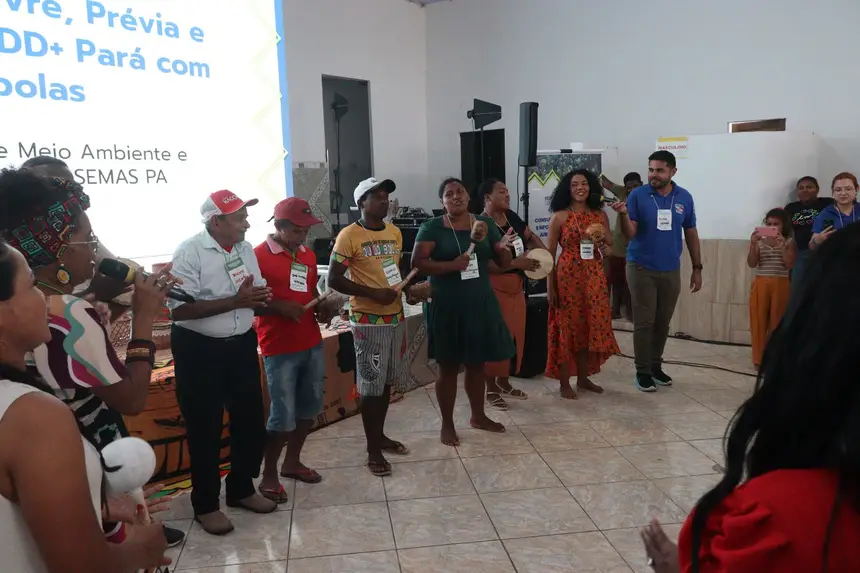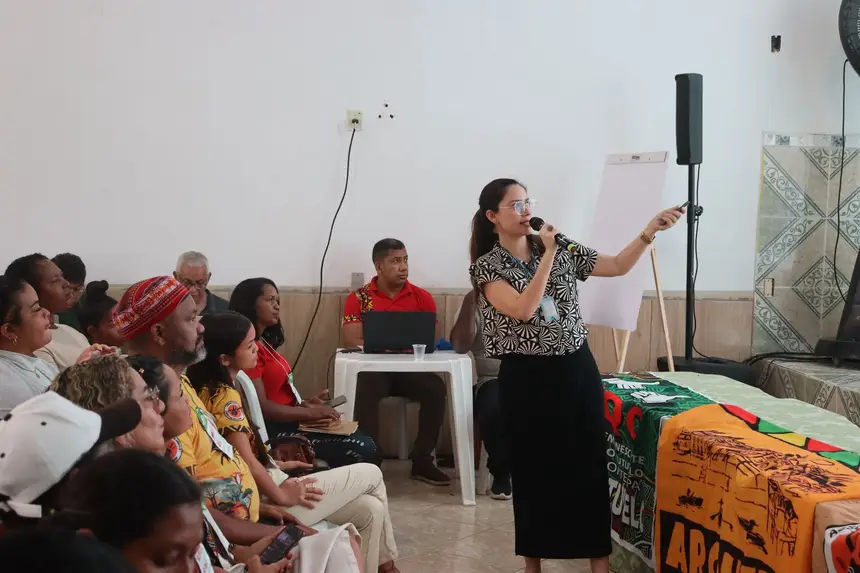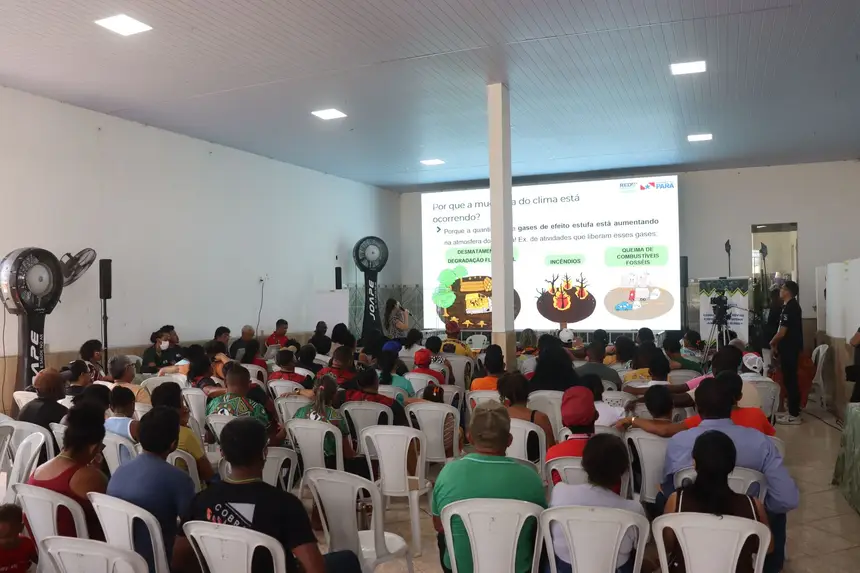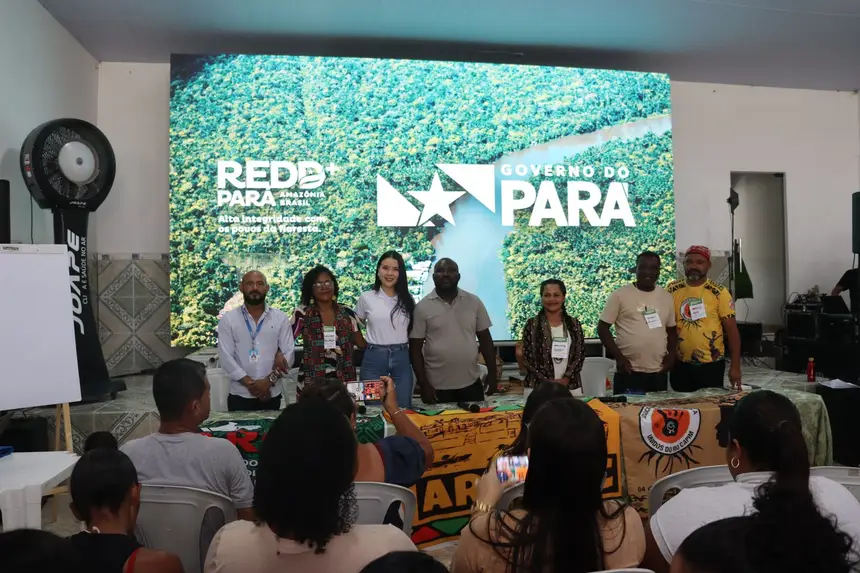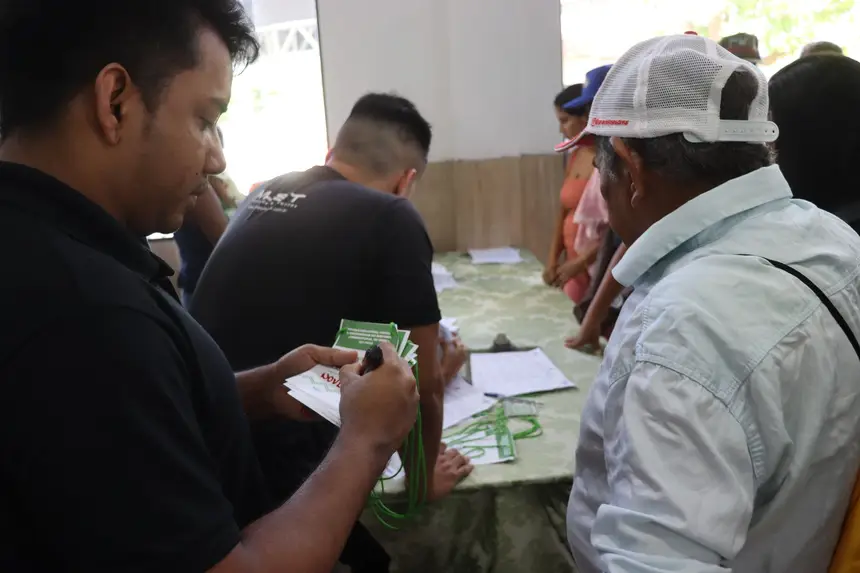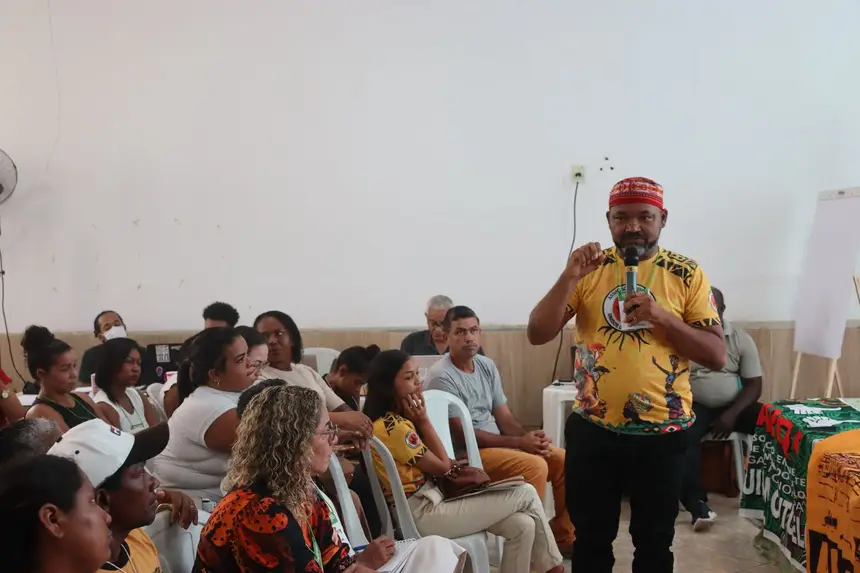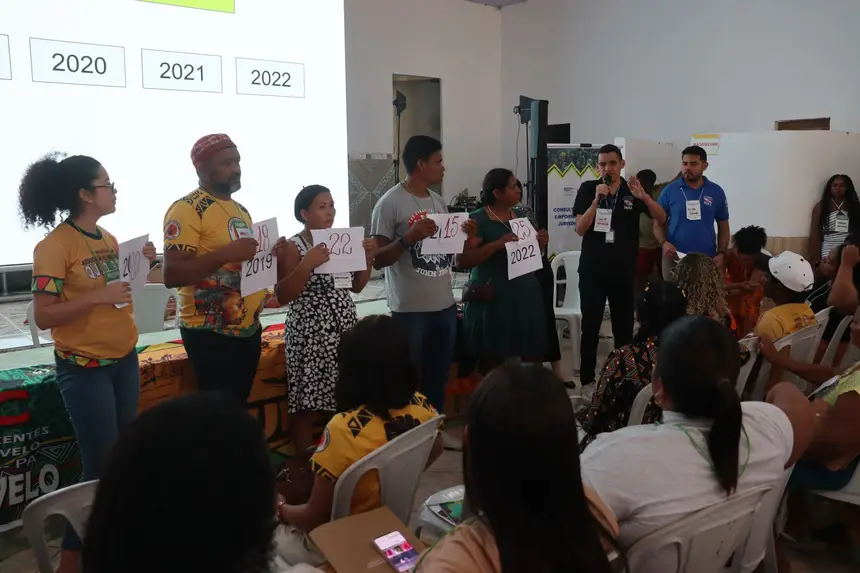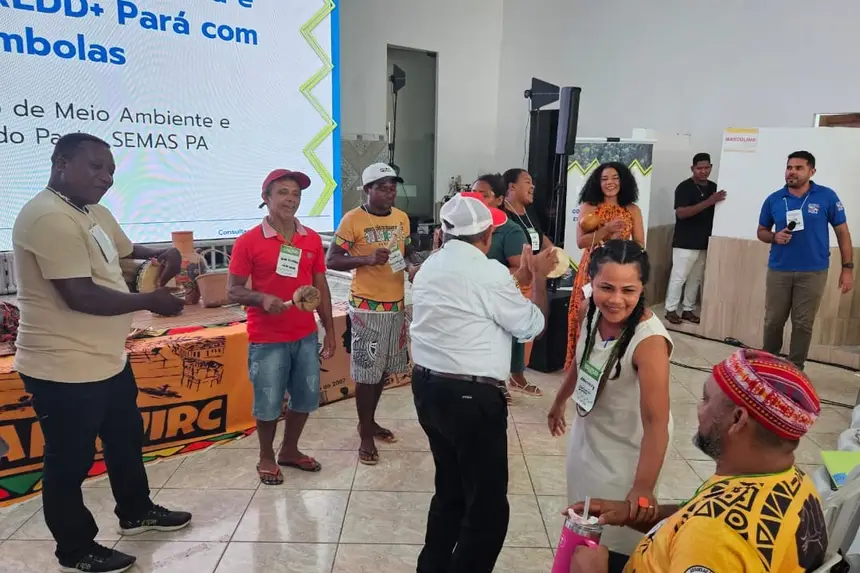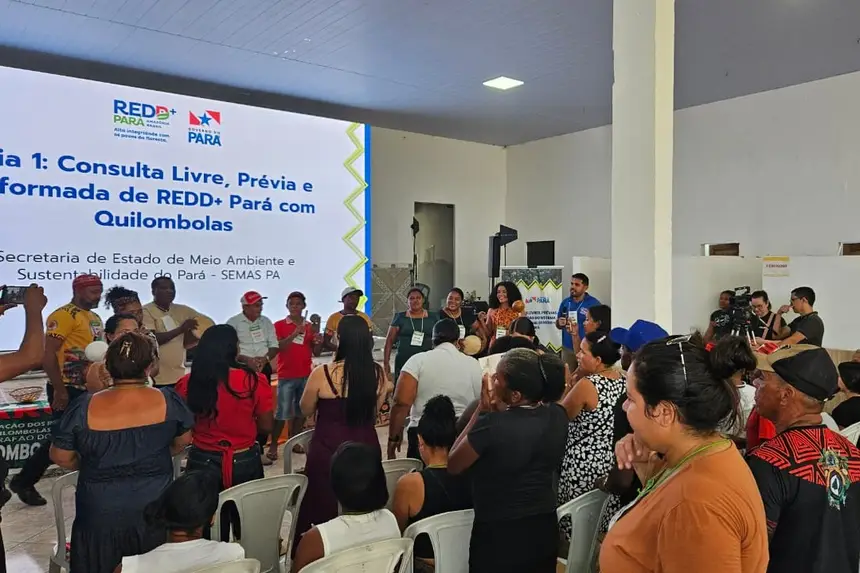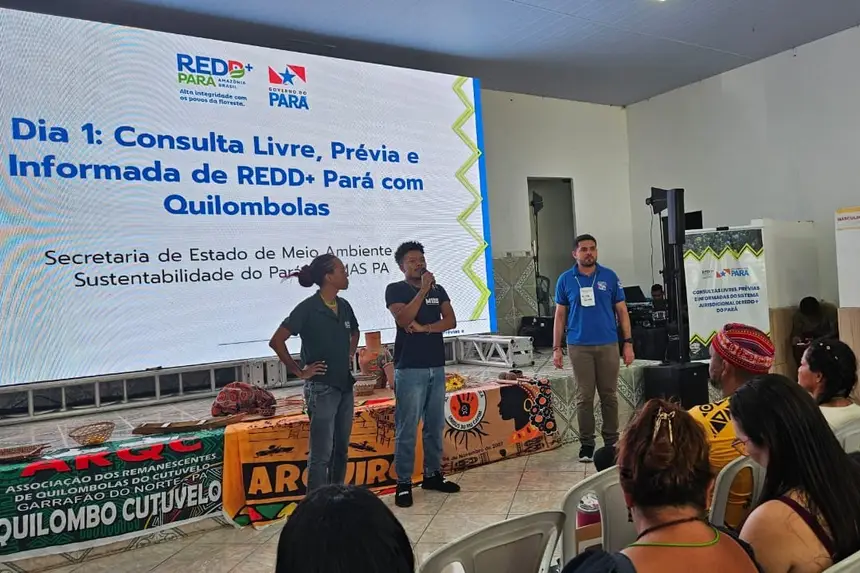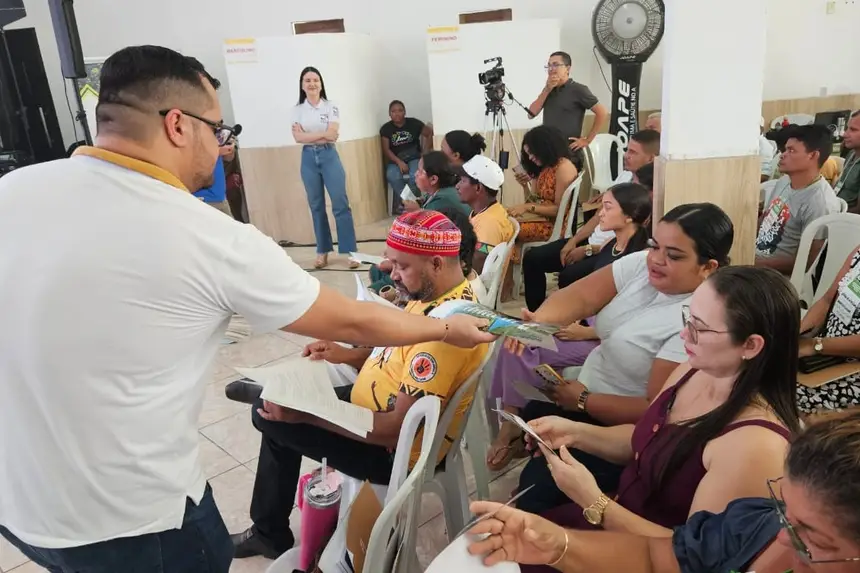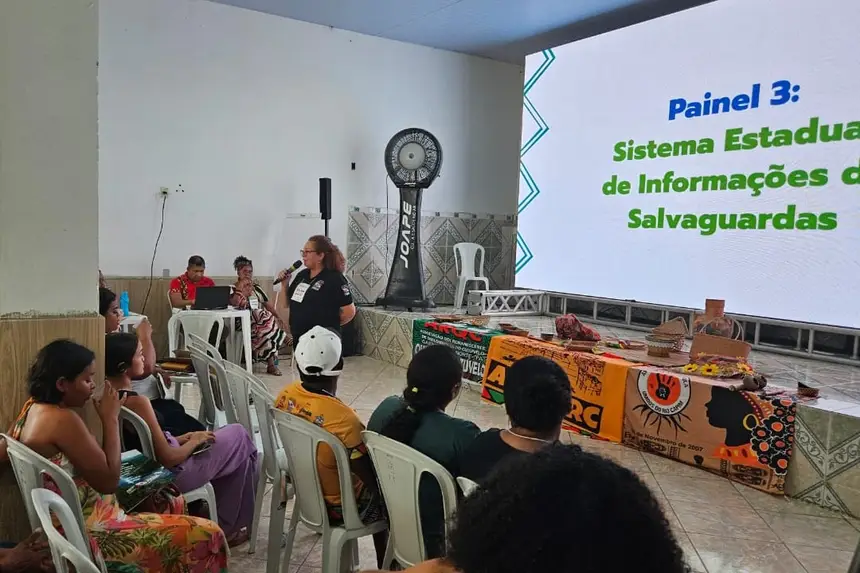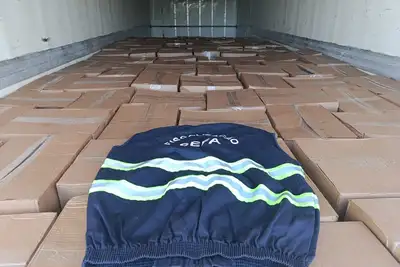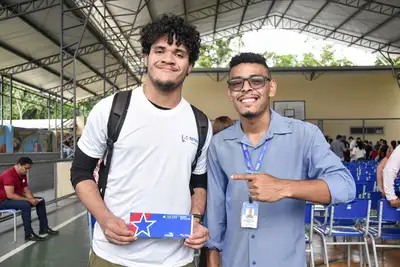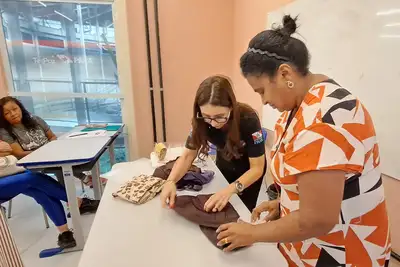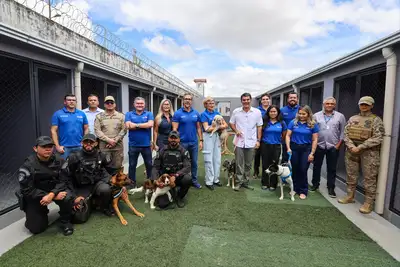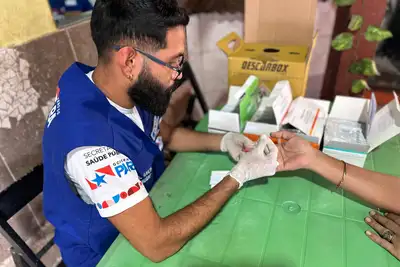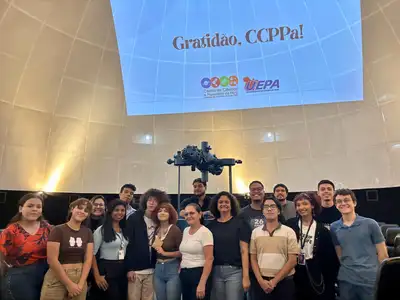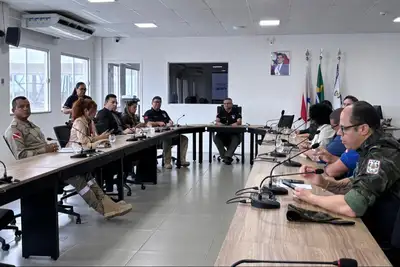Semas starts another Consultation on Jurisdictional REDD+ of Pará for quilombola communities
The event is part of the largest consultation process with Indigenous Peoples, Quilombolas, Traditional Communities, and Family Farmers in northeastern Pará
On the banks of the Capim River, in the quilombola community of Santana do Capim, in the municipality of Aurora do Pará, northeastern Pará, the State Secretariat for the Environment, Climate and Sustainability (Semas) initiated, this week, another process of Free, Prior and Informed Consultation (CLPI) of the Jurisdictional REDD+ System of Pará (SISREDD+), this time with quilombola communities from the Northeast Region.
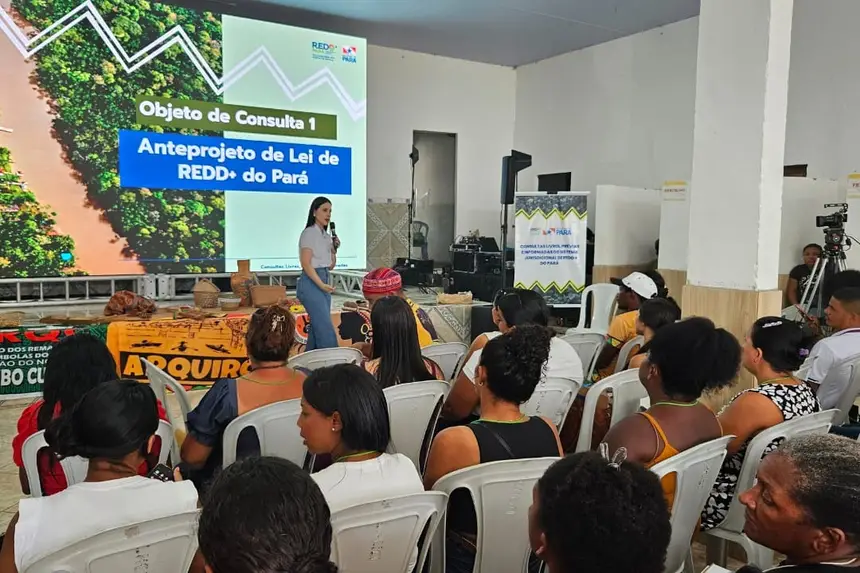
The event, which is part of the largest consultation process with Indigenous Peoples, Quilombolas, Traditional Communities, and Family Farmers (PIQCTAFs) conducted by the State government, gathered about 150 participants, in addition to technicians from Semas, the State Secretariat for Racial Equality and Human Rights (Seirdh), Malungu (Coordination of the Associations of the Remaining Quilombo Communities of Pará), and other community leaders and representatives from the consulted communities.
The opening table included the participation of Renata Nobre, Deputy Secretary of Water Resources Management at Semas; Valdinei Gomes, Manager of Promotion of Quilombola Rights at Seirdh; Socorro Sebastiana dos Santos, Regional Coordinator of Malungu in the Northeast, and Aurélio Borges, member of the Board of Directors of Malungu, representatives of the municipal public power, and other local quilombola leaders.
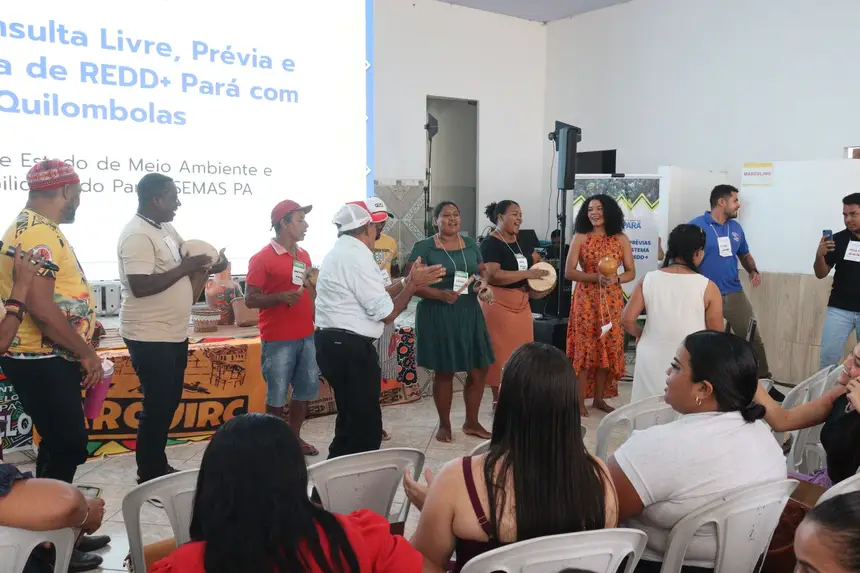
“We are in the third round of the Free, Prior and Informed Consultation with quilombola communities from the Northeast Region. On this first day, we presented the informational panels, and on the second, we will conduct participatory dynamics on the consultation objects of the public policy, such as the draft law and the benefit-sharing proposal. The methodology is flexible, respects the protocols, and has been well received. This process has brought the State closer to the communities and allowed for a very valuable collective construction for Pará,” explained Renata Nobre, who leads the project.
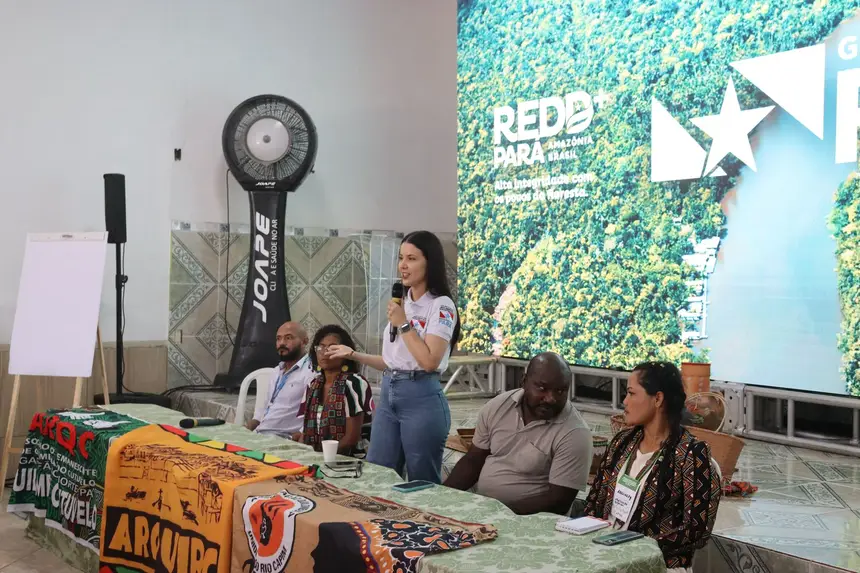
Respect for rights - The CLPI program in Aurora do Pará extends until June 27, with group discussions, internal evaluation meetings, among other procedures, respecting Convention 169 of the International Labour Organization (ILO), which ensures the right of traditional peoples and communities to prior and informed consultation on measures that involve them.
“Communities have reported that the time allocated has been sufficient to understand the policy and make their internal decisions. And, if necessary, the methodology is flexible to ensure this process. We are already moving towards the fifth round of the 47 planned, and so far the results have been very positive,” stated Renata Nobre.
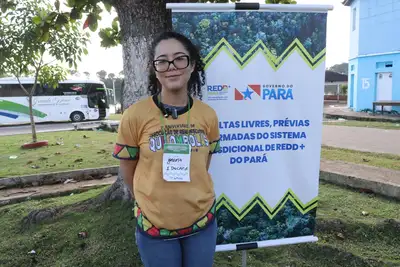
Dialogue - Yasmin Barbosa Cunha, born and raised in the quilombola community of Santana do Capim, emphasized the importance of active participation from the territories. “I really liked this meeting because it is the first time I see an open space to listen to quilombola communities. Being heard is essential, especially at a time when our forests and traditions are threatened. Seeing the Government of Pará getting closer, dialoguing, and seeking ways to protect our territory gives us hope for a better future. I learned a lot, especially about what the carbon market is, which before seemed distant from our reality. This type of listening strengthens dialogue and makes us feel part of the decisions,” she said.
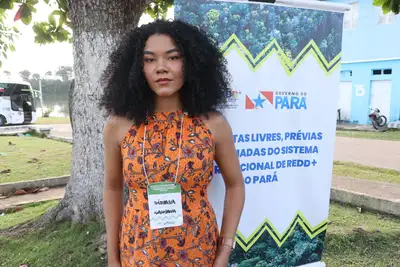
Giovana Cristina, a resident of Quilombo Santana do Capim, reported her experience of actively participating in the process of building a public policy. “I found this initiative from the State to come to our communities, listen to us, and share information that many here were unaware of very important. Besides bringing knowledge, this meeting guarantees our space to speak — because no one knows our people better than we do. Participating in these moments is essential for us to express our needs and fight for our rights within our territory. It was just the first day, but we already had a lot of learning, exchanges, and activities that strengthen our organization,” she assured.
Transparency - "The CPLIs are a right guaranteed by international treaties. When the State opens space to build public policy with the participation of communities, the process of inclusion of traditional peoples occurs. Listening to communities is the most transparent and respectful way the government can do this. In this process, Seirdh plays a fundamental role, which is to monitor the CPLIs, contributing to the participating communities in understanding and comprehending the jurisdictional REDD+ system of Pará, fulfilling its main role of promoting, defending, and protecting human rights," emphasized Valdinei Gomes, Manager of Promotion of Quilombola Rights at the Secretariat.
The Jurisdictional REDD+ System integrates the climate policy of the Government of Pará and is based on international climate financing mechanisms, where the proof of reduction in greenhouse gas emissions allows for the generation of carbon credits. These credits, when sold, can generate revenues that should be reinvested in public policies aimed at conservation, sustainability, and improving the quality of life of the communities that live in and care for the forest.


